
https://www.youtube.com/watch?v=vMZfyEy_jpI
Dr. Berg's Healthy Keto® Diet Plan - Intermittent Fasting and Fat Burning
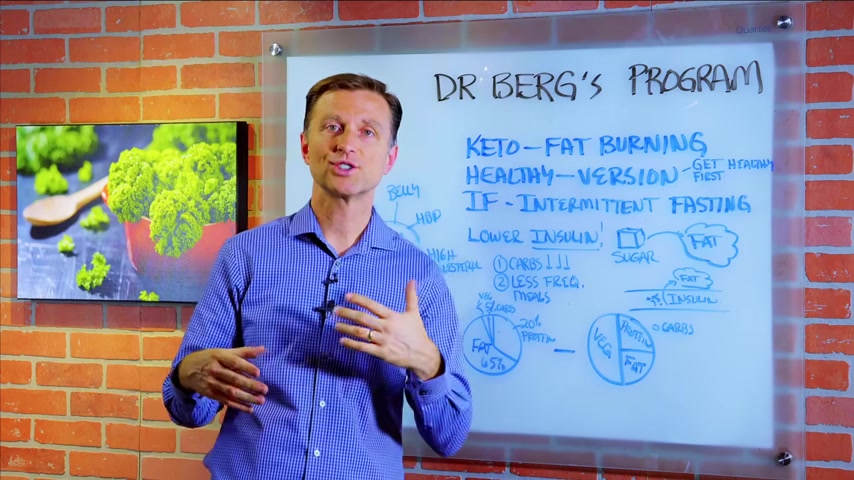
Hi , guys .
Listen .
I have 25 100 videos , okay , in YouTube .
25100 .
So sometimes when you go to the channel , it's hard to find where to start because it's all random .
So I wanted to create a beginner's video , the basics .
So if you're new to my channel , if you have friends and family members that are new to my program , this is the first video to watch .
Okay .
So let me just kinda break it down .
I'll make it really , really fast .
Keto or ketosis .
What does keto mean ?
When you burn fat , your fat breaks down into these things called ketones .
Your body can then use those as fuel .
Okay ?
So your body can actually run-in ketones .
It's a much , much better fuel source than sugar fuel that most people run on .
It's cleaner fuel .
It creates a lot of other benefits , which I get into in other videos .
K .
So keto basically means you're burning fat .
K .
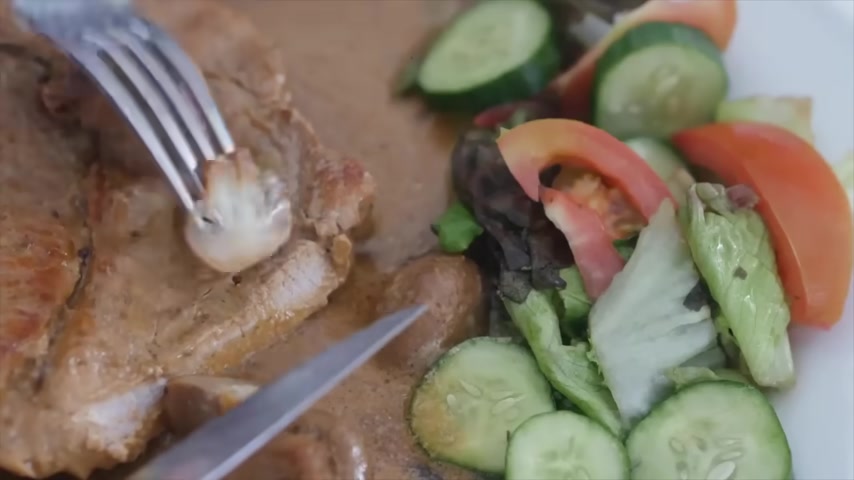
Healthy keto is a version of regular ketosis , but with a twist .
A principle that I use is you don't lose weight and get healthy .
You have to get healthy first to then lose weight .
So getting healthy basically means eating , providing all of your nutrients .
Okay ?
So you're eating foods that are high quality that provide all the nutrients .
So you get the requirements that our bodies need .
So what I recommend is something called healthy ketosis .
Alright ?
So that's the version .
The other action that I recommend is something called IF .
What is that ?
That's intermittent fasting .
What is that ?
That is a it's not a diet .
It's a pattern of eating and not eating .
So instead of doing 3 meals or 6 meals a day or snacks in between the meals , you're eating less frequently .
Why ?
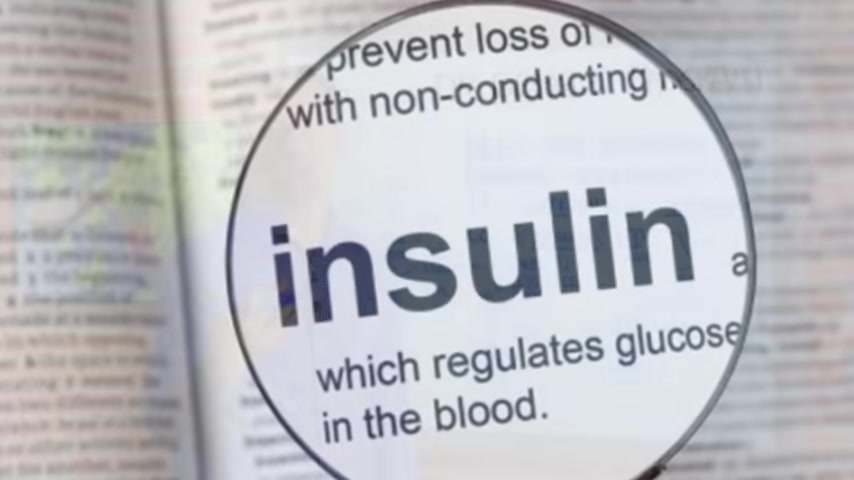
Because every time you eat , you raise a hormone , insulin .
Too much insulin is very dangerous in the body .
So we're trying to do with healthy ketosis and intermittent fasting is reduce the excess of insulin .
We're not trying to make it down to 0 .
We're just trying to get rid of the excess .
The vast majority of the population has excess insulin , but they've never been tested .
The doctors usually don't test it .
They're focusing on your blood sugars or blood glucose , but not fasting insulin .
Okay ?
I have videos on that , but just I'll you can watch it in another video , but the point is that we're trying to lower insulin .
So to do that , you need to eat less frequently .
Let's say , you start with 3 meals per day with no snacks , and then you go to 2 meals a day , no snacks , and that would be considered intermittent fasting .
And some people do 1 meal a day , but the point is that it's just eating less frequent .

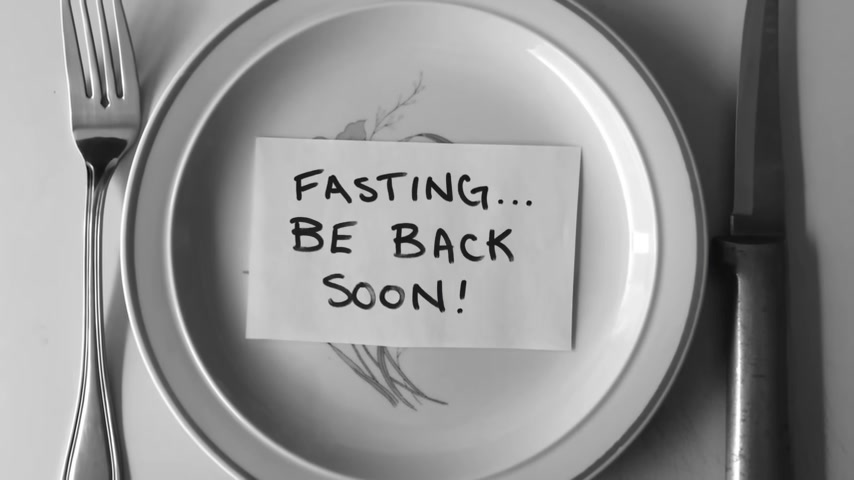
It's not necessarily focused on lowering calories .
Even though you will be consuming less calories , the focus is not on calories .
It's about eating less frequently .
At the end of the day , we wanna provide all the nutrients , so we need a certain amount of calories .
The cool thing about intermittent fasting is that because you're eating less frequent , the requirements for nutrients go down because the body starts being conservative with its nutrients .
It starts holding or retaining more nutrients .
So what you would need for 3 meals a day , okay , as far as nutrients , you would need less nutrients for 2 meals a day just because the body adapts .
Sometimes people are concerned about losing muscle mass .
Well , the other cool thing is that when you do intermittent fasting , certain hormones like growth hormone increases dramatically to protect the muscles from being lost .
K .
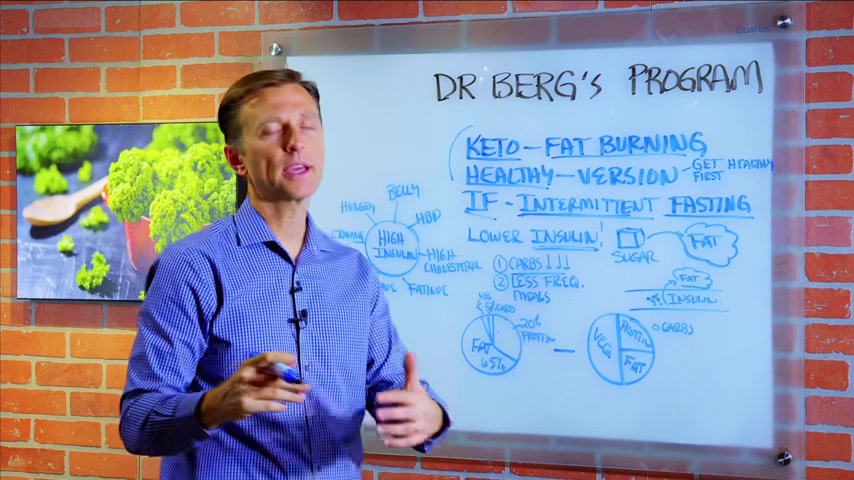
So your body tends to now conserve protein as well when you do intermittent fasting .
So you're not gonna lose muscle mass .
So the two main things that help you lower insulin are the reduction of carbohydrates .
I'm I'm talking about the sugar , refined carbs , the grains , the pasta , the cereal , the biscuits , the waffles , the juice , the alcohol .
I have a lot of videos on this right here like a ton , but that just kinda gives you the summary .
And also number 2 , eating less frequently .
What we're doing when we actually drop carbs and we eat less frequently is we're adapting to fat burning .
You're actually making new cellular machinery to run your body on fat fuel .
Okay ?
And no longer on sugar .
Now what happens when you consume too many carbs , the insulin comes in and takes it out and converts it to fat .
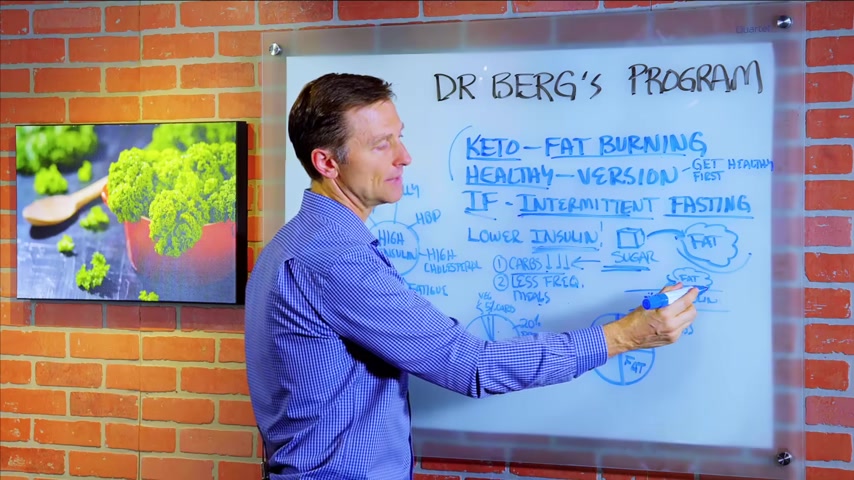
So a lot of the fat on your body right now has came from the carbohydrates , not necessarily the fat that you ate , but the carbohydrates that you ate .
The other thing that people don't realize is this , in the presence of too much insulin , you can't lose this fat .
So if you have a stubborn metabolism and you can't lose weight , we know you have too much insulin .
Is there a quick test to know if you have too much insulin ?
Yes .
Just look down right now .
And if you could see your belly , you have too much insulin because these are the main symptoms of high insulin .

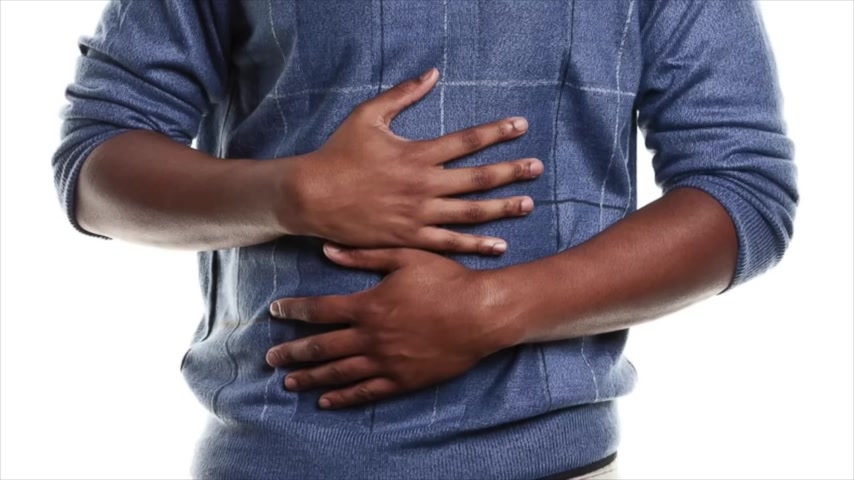
Belly fat , high blood pressure , high cholesterol , fatigue , especially after eating , decreased cognitive function , lack of focus , poor memory , moody , irritable , sometimes depressed , grouchy because of the blood sugar issue , cravings for carbs for sure , and you're hungry all the time , especially between meals .
When you get your body into fat burning and now your body is burning fat between meals , because before it wasn't .
It was it was dependent on your diet and dietary sugar .
So now when you're burning your own fat , wow , You get rid of the hunger .
K ?
You're not hungry anymore .
It makes it easy to do this .
You don't crave anymore .
That's why healthy keto intermittent fasting is very successful long term because it allows you to stick to it because you're not hungry all the time .
You're not craving .
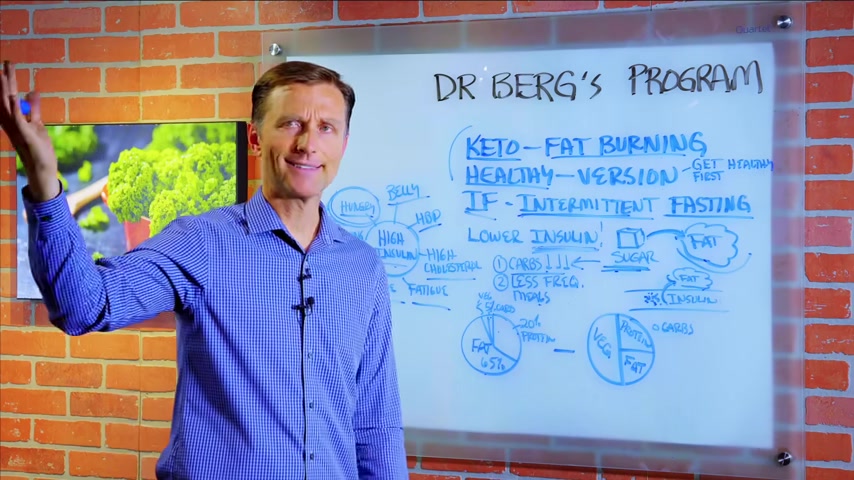
Sometimes when you look up keto , you'll see this little pie chart thing right here .
It'll say 20 percent protein , maybe 70% or 65% fat as far as the total calories , 5% carbs .
Okay .
This is very confusing for people because you have to calculate calories into grams and this and that .
This is the simplicity right here .
If you just envision your plate k .
This is your plate .
Half of the plate should be salad or vegetables .
K ?
A quarter of the plate should be protein , and the other quarter should be fat .
So this 65 or 70% fat , which seems like a lot of fat Now remember , 1 gram of fat is more than twice the calories of carbs and protein , so this is misleading .
In reality , the volume of fat is really only , you know , a quarter of your plate .
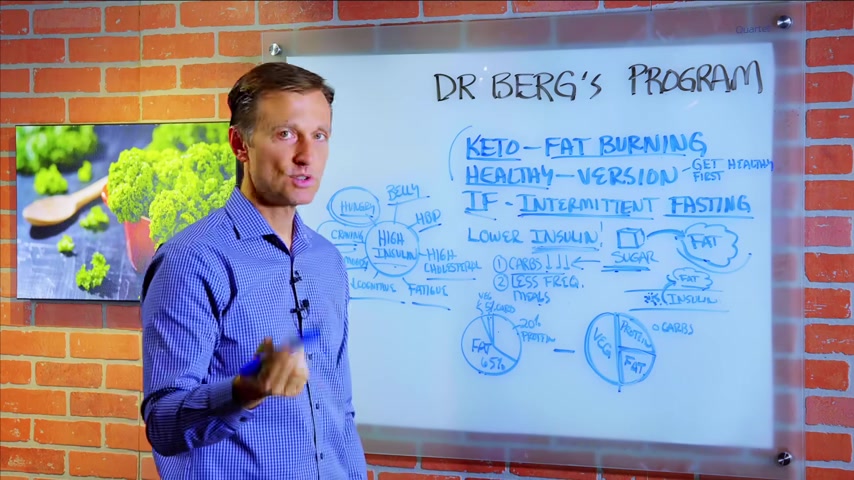
And and a lot of this fat is actually mixed with the protein , so it's not as much as you think .
And then we have this small amount of carbs out here just to keep it really really simple .
Okay ?
And healthy keto and intermittent fasting is not just about weight loss .
It's about getting you super healthy for reducing inflammation , for helping your cognitive function , helping your overall mood , making the body work better .
Okay ?
So now that you have the basics , now you can go to the rest of the videos .
Thanks for watching .
Hey .
If you're liking this content , please subscribe now and I will actually keep you updated on future videos .

Are you looking for a way to reach a wider audience and get more views on your videos?
Our innovative video to text transcribing service can help you do just that.
We provide accurate transcriptions of your videos along with visual content that will help you attract new viewers and keep them engaged. Plus, our data analytics and ad campaign tools can help you monetize your content and maximize your revenue.
Let's partner up and take your video content to the next level!
Contact us today to learn more.